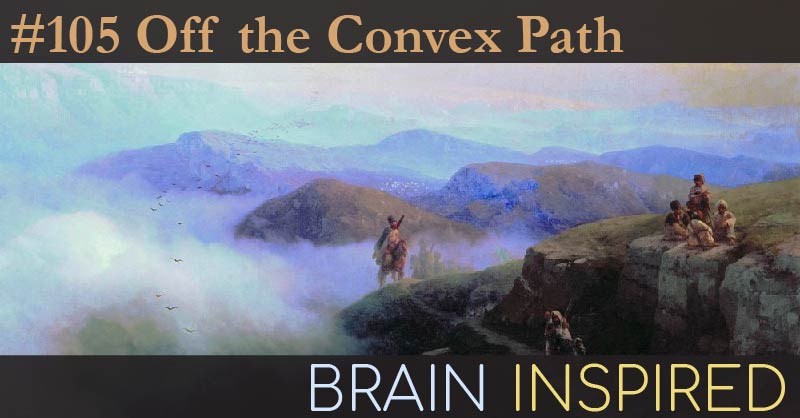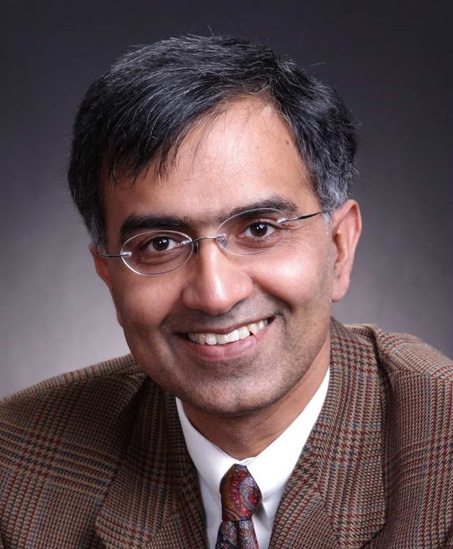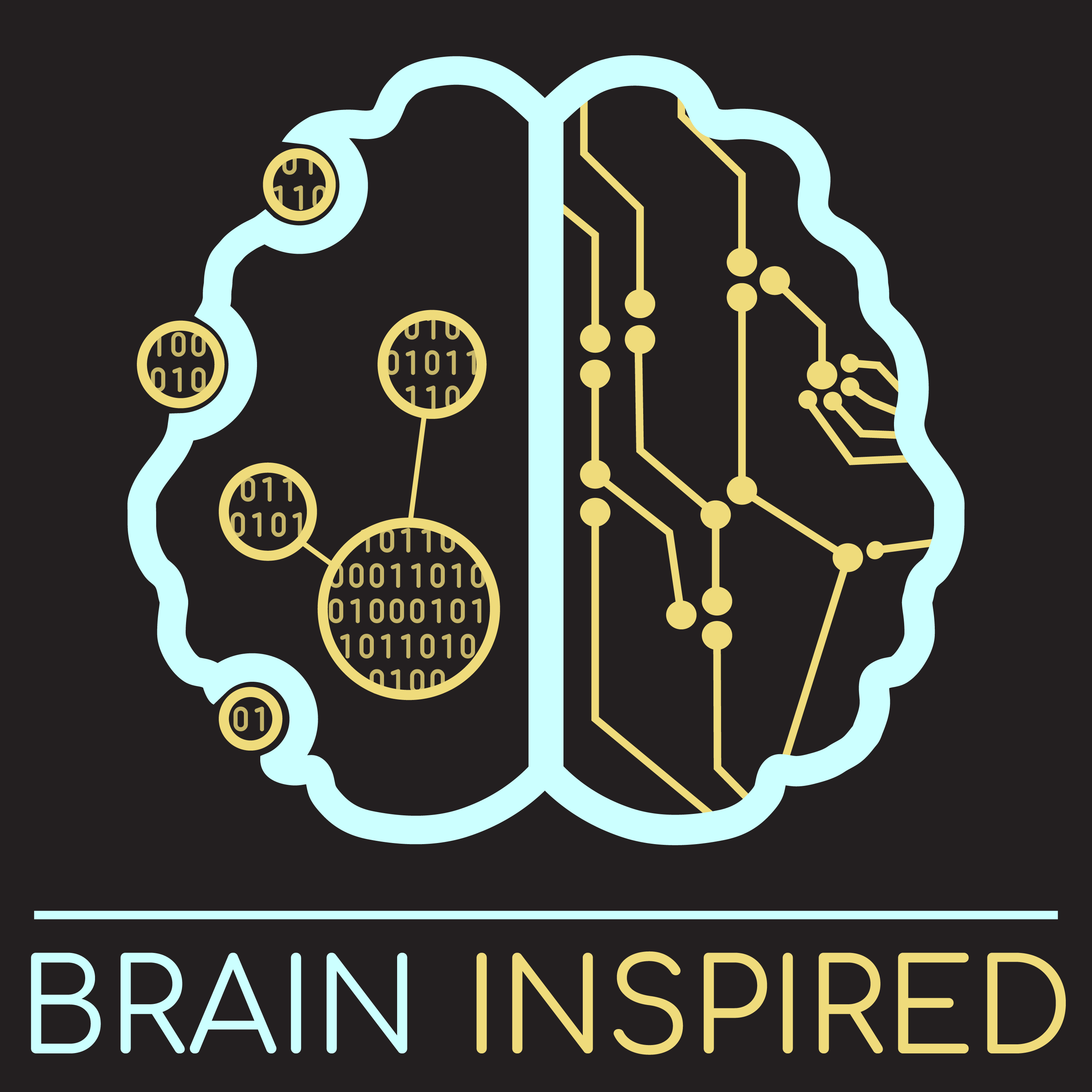


Sanjeev and I discuss some of the progress toward understanding how deep learning works, specially under previous assumptions it wouldn’t or shouldn’t work as well as it does. Deep learning theory poses a challenge for mathematics, because its methods aren’t rooted in mathematical theory and therefore are a “black box” for math to open. We discuss how Sanjeev thinks optimization, the common framework for thinking of how deep nets learn, is the wrong approach. Instead, a promising alternative focuses on the learning trajectories that occur as a result of different learning algorithms. We discuss two examples of his research to illustrate this: creating deep nets with infinitely large layers (and the networks still find solutions among the infinite possible solutions!), and massively increasing the learning rate during training (the opposite of accepted wisdom, and yet, again, the network finds solutions!). We also discuss his past focus on computational complexity and how he doesn’t share the current neuroscience optimism comparing brains to deep nets.
Timestamps
0:00 – Intro
7:32 – Computational complexity
12:25 – Algorithms
13:45 – Deep learning vs. traditional optimization
17:01 – Evolving view of deep learning
18:33 – Reproducibility crisis in AI?
21:12 – Surprising effectiveness of deep learning
27:50 – “Optimization” isn’t the right framework
30:08 – Infinitely wide nets
35:41 – Exponential learning rates
42:39 – Data as the next frontier
44:12 – Neuroscience and AI differences
47:13 – Focus on algorithms, architecture, and objective functions
55:50 – Advice for deep learning theorists
58:05 – Decoding minds

Support the show to get full episodes and join the Discord community. Check out my free video series about what's missing in AI and...

Support the show to get full episodes, full archive, and join the Discord community. The Transmitter is an online publication that aims to deliver...

Support the show to get full episodes and join the Discord community. Johannes (Yogi) is a freelance philosopher, researcher & educator. We discuss many...